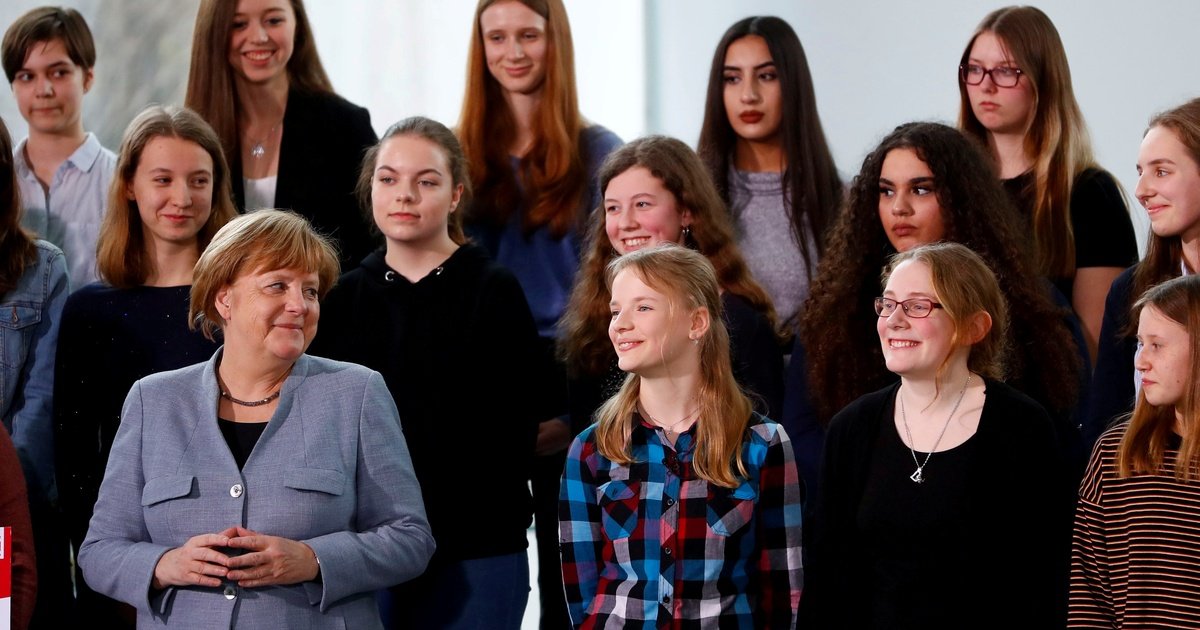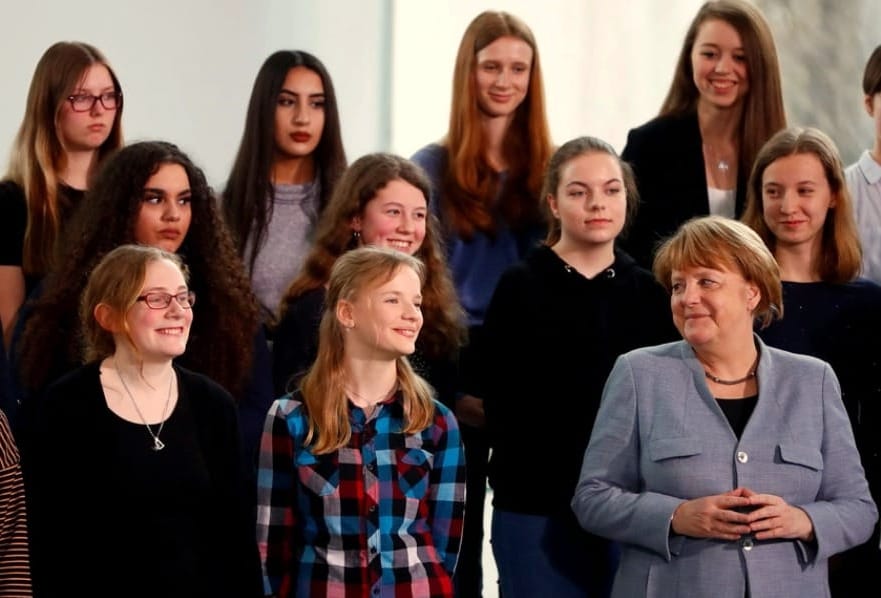Angela Merkel's tenure as Germany's first female Chancellor has often been scrutinized through the lens of of ‘is she/isn’t she’ feminism with the verdict frequently coming back that her stance was ‘nuanced.’ Arguements against cite that, she never explicitly embraced the label for herself, and secondly, her policies were not explicitly seen as ‘overtly championing women's rights.’
Merkel did navigated her role in a predominantly male-dominated political landscape with pragmatism and a resilience that challenged traditional gender norms. So, while she may not have fit the conventional image of a feminist leader, her influence on the increased visibility of women in politics and leadership roles during her time in office speaks to the argument that feminism can manifest in various— in her case, perhaps more strategic—forms, and that her legacy is not just about what she did for women but also how she transformed perceptions of female leadership.
Therefore, by examining Markel's ‘complex’ relationship with feminism, we can appreciate the nuanced ways in which women can influence policy, inspire change, and create winning outcomes for all of their constituents.
Merkel's leadership style—which was credited during the pandemic, along with then Prime Minister, Jacinda Ardern of New Zealand and President Tsai of Taiwan—with markedly fewer fatalities in those countries—emphasized ‘collaboration and consensus,‘ which contrasts with ‘more confrontational approaches often associated with male leaders.‘
Her tenure changed the political landscape in normalizing women's contributions as equally valuable—her ‘indirect‘ promotion of gender equality—and paves the way for future generations of female leaders, making her a significant figure in the ongoing conversation about women in power.
Source ▼










